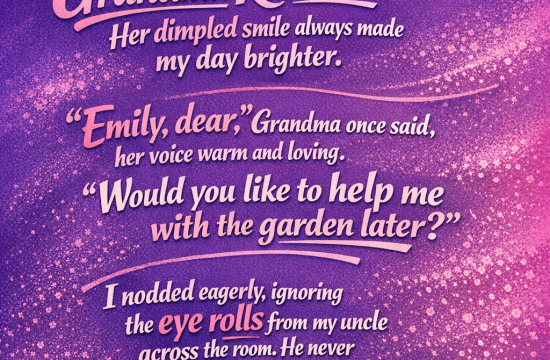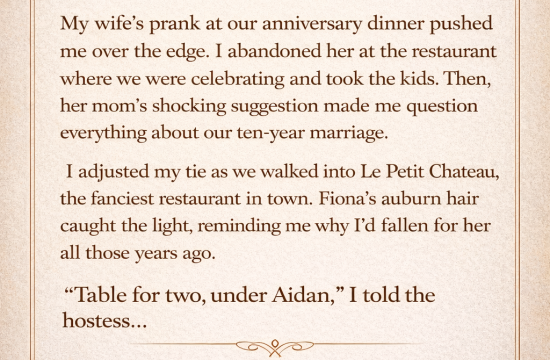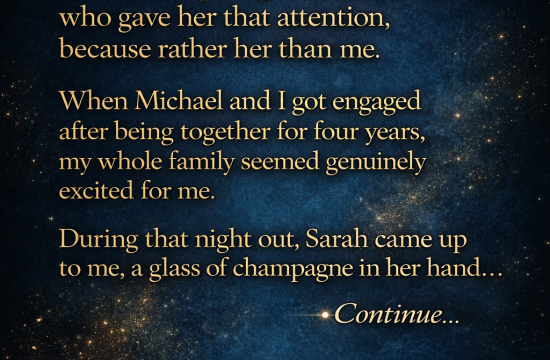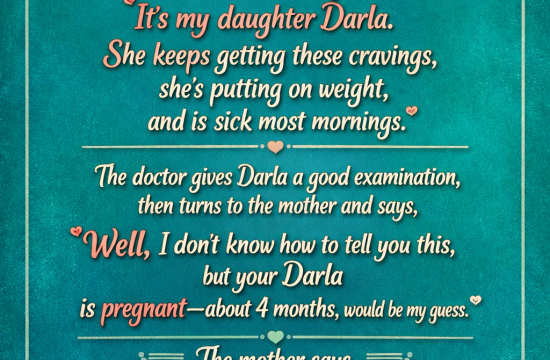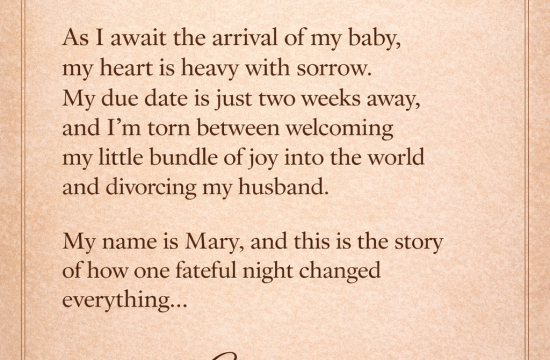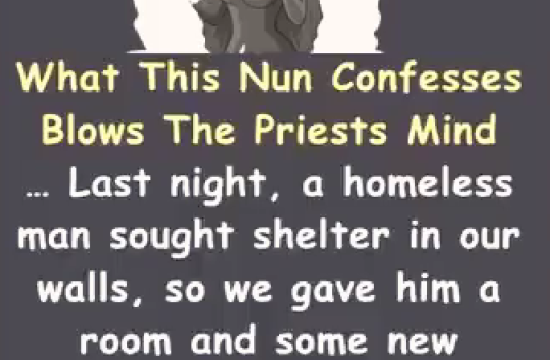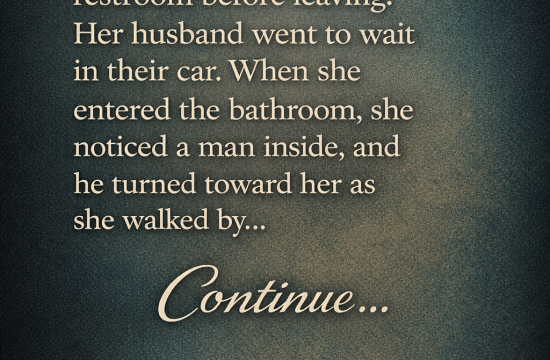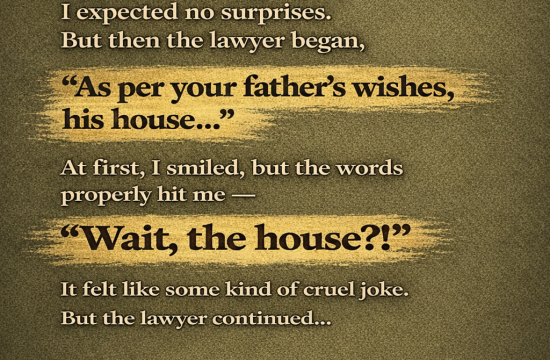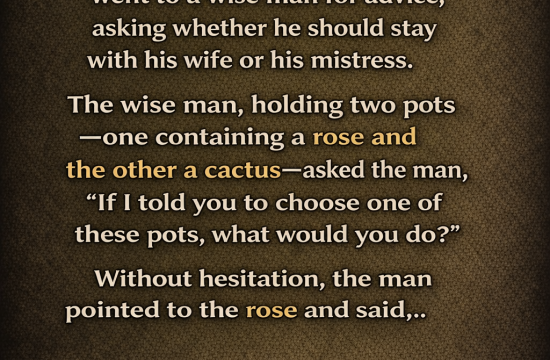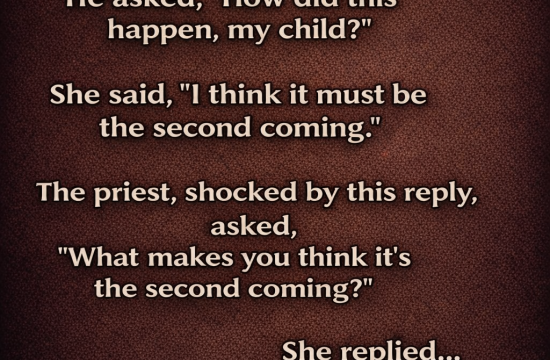My father wasn’t the kind of man who hugged you goodnight or asked how your day was.
Love, in his world, came wrapped in rules — strict ones.
To be his daughter meant performing, obeying, and never stepping out of line.
So the day I sat him down, at seventeen, to tell him I was pregnant, I already knew I was signing away any future with him.
He didn’t yell.
He didn’t cry.
He didn’t even argue.
He just stood up, walked to the front door, opened it, and said in the coldest voice I’ve ever heard:
“Then go do it on your own.”
And so I did.
There were no calls. No support. No regrets on his part.
The baby’s father disappeared two weeks later — taking his promises, excuses, and the last pieces of my hope with him.
What followed were years of grinding: scrubbing offices at night, stocking shelves by day, rationing dinner so Liam could have seconds, stretching every dollar until it practically begged for mercy.
But Liam — my son — became the reason I kept standing when my body wanted to collapse.
He was born in silence — no cheering family, no proud grandparents — just a terrified teenage girl whispering to a tiny newborn, “We’ll be okay. I swear it.”
And somehow… we were.
He grew up with an uncanny sense of responsibility.
At five, he’d ask me if we could “afford to keep the lights on.”
At fifteen, he was working at a garage after school.
By seventeen, customers were requesting him by name.
At eighteen, he had savings tucked away to open his own shop.
So when I asked him what he wanted for his birthday, I expected something simple — a day off, a new tool set, maybe his favorite dinner.
Instead, he looked at me and said:
“I want to meet Grandpa.”
I froze.
I’d never lied to him about my father.
But I never imagined he would voluntarily face the man who cast us aside like trash on the curb.
Still, I drove him.
The house looked the same.
Cracked driveway. Faded paint. The same buzzing porch light that haunted my childhood.
And my father — smaller now, older, but with that same iron hardness carved into his spine — stepped out like he’d been expecting judgment day.
Liam walked up, handed him a small box, and said calmly:
“You can celebrate my birthday with this.”
Inside was a single cupcake — homemade, simple, and symbolic.
Then Liam looked him directly in the eyes and said, with a steadiness that made my breath catch:
“I forgive you. For what you did to me.
And to my mom.
But the next time I knock on this door, it won’t be with cake.
It’ll be as your biggest competitor in business.
And I’ll beat you.
Not out of hate — but because you made us do it alone.”
He didn’t waver.
He didn’t flinch.
He spoke with a dignity far beyond his age.
Then he turned, walked back to the car, sat down, and buckled his seatbelt like it was just another errand.
“I forgave him,” he said softly. “Now it’s your turn, Mom.”
My throat closed up. My hands trembled on the steering wheel.
Because sitting next to me was no longer the boy I’d raised.
It was a man — shaped by fire, sharpened by struggle, and strengthened by the very abandonment meant to destroy us.
And in that moment, I realized something powerful:
We hadn’t just survived.
We had risen.
Life Lesson
Strength isn’t always loud.
Sometimes it’s a teenage mother rebuilding her life from rubble.
Sometimes it’s a young man confronting the past not with rage, but with quiet dignity.
This story reminds us that forgiveness isn’t weak — it’s a release.
And that the greatest revenge is building a life so solid, so successful, that the people who doubted you are forced to stand in the shadow of your accomplishments.


